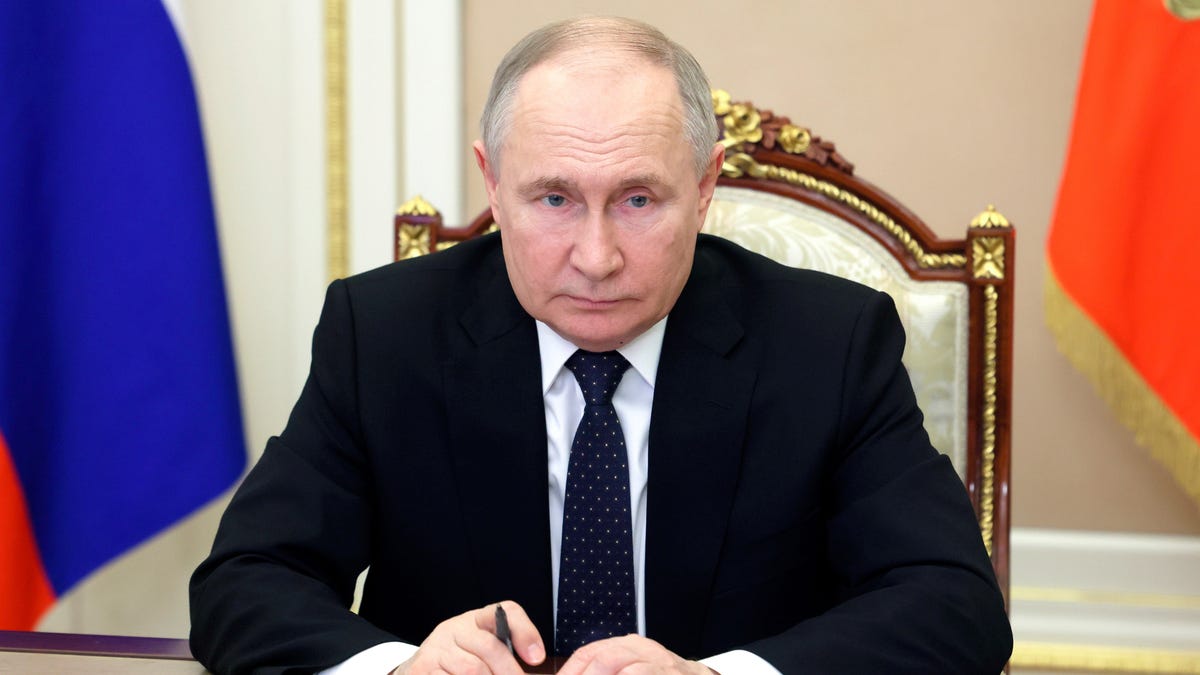Russian Military Court Sentences Meta Spokesperson to Prison
A spokesperson for Meta, the parent company of Facebook, was sentenced to six years in prison by a military court in Russia. Andy Stone was convicted in absentia for justifying terrorism after Meta implemented changes to its policies regarding violent speech following Russia’s invasion of Ukraine in 2022.
The Criminal Inquiry into Meta by the Russian Military Court
The Russian military court initiated a criminal inquiry into Meta on March 11, 2022, less than a month after Russia’s invasion of Ukraine in February of the same year. This inquiry was triggered by Meta’s decision to allow more violent rhetoric regarding Russia’s invasion on its platforms, Facebook and Instagram, which subsequently led to both platforms being banned in Russia.
Stone announced the relaxed speech restrictions on March 10, 2022, which drew the attention of Russian authorities. The policy change permitted forms of political expression that would typically violate rules, such as advocating for violence against Russian invaders, though credible calls for violence against Russian civilians remained prohibited.
Policy Changes and User Engagement on Social Media Platforms
The revised policy also allowed users to express the desire for the death of Russian President Vladimir Putin and Belarusian President Alexander Lukashenko. However, Stone emphasized that while the company was accommodating heightened emotional responses in Ukraine due to the invasion, calls for violence against Russian civilians were unequivocally forbidden.
Calls for violence against Russian soldiers were limited to residents of specific countries, excluding individuals in the United States. These countries included Armenia, Azerbaijan, Estonia, Georgia, Hungary, Latvia, Lithuania, Poland, Romania, Russia, Slovakia, and Ukraine.
Implications of the Conflict and Social Media Control
Russia’s invasion of Ukraine has resulted in a substantial loss of life on both sides, with tens of thousands dead and hundreds of thousands injured. President Putin initially framed the conflict as a “special military operation,” anticipating a swift resolution, yet the conflict persists with no apparent end in sight.
In the context of ongoing conflicts, control of information on social media has become increasingly crucial for governments. This shift is evident globally, from conflicts in Gaza to Ukraine. The United States, historically championing an open internet free from censorship, has faced challenges with platforms like TikTok, originating in China, gaining massive popularity among American users.
Meta’s Response and Future Outlook
Meta did not provide immediate responses to inquiries on the matter. The implications of Stone’s conviction and Meta’s evolving policies remain to be seen, underlining the complex intersection of social media, global conflicts, and governmental regulations in the digital age.
As geopolitical tensions continue to shape online discourse and content moderation policies, the case of Andy Stone serves as a stark reminder of the far-reaching implications and complexities inherent in navigating the intersection of technology, free speech, and international relations.
Image/Photo credit: source url





